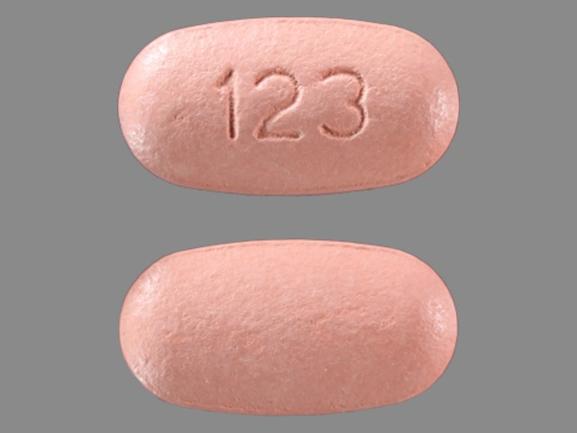Atripla Interactions
There are 980 drugs known to interact with Atripla (efavirenz/emtricitabine/tenofovir disoproxil), along with 11 disease interactions, and 2 alcohol/food interactions. Of the total drug interactions, 397 are major, 563 are moderate, and 20 are minor.
- View all 980 medications that may interact with Atripla
- View Atripla alcohol/food interactions (2)
- View Atripla disease interactions (11)
Most frequently checked interactions
View interaction reports for Atripla (efavirenz / emtricitabine / tenofovir disoproxil) and the medicines listed below.
- acyclovir
- amlodipine
- aspirin
- atorvastatin
- Biktarvy (bictegravir / emtricitabine / tenofovir alafenamide)
- bupropion
- citalopram
- clonazepam
- Crestor (rosuvastatin)
- cyclobenzaprine
- Cymbalta (duloxetine)
- Fish Oil (omega-3 polyunsaturated fatty acids)
- gabapentin
- hydrochlorothiazide
- hydroxyzine
- ibuprofen
- Lipitor (atorvastatin)
- lisinopril
- Lyrica (pregabalin)
- metformin
- multivitamin
- omeprazole
- pravastatin
- trazodone
- Truvada (emtricitabine / tenofovir disoproxil)
- Vitamin B12 (cyanocobalamin)
- Vitamin C (ascorbic acid)
- Vitamin D3 (cholecalciferol)
- Xanax (alprazolam)
- zolpidem
Atripla alcohol/food interactions
There are 2 alcohol/food interactions with Atripla (efavirenz / emtricitabine / tenofovir disoproxil).
Atripla disease interactions
There are 11 disease interactions with Atripla (efavirenz / emtricitabine / tenofovir disoproxil) which include:
- hepatitis B
- hepatotoxicity
- liver disease
- mental symptoms
- QT prolongation
- seizures
- hemodialysis
- renal dysfunction
- bone toxicity
- liver disease
- renal dysfunction
More about Atripla (efavirenz / emtricitabine / tenofovir disoproxil)
- Atripla consumer information
- Compare alternatives
- Reviews (105)
- Drug images
- Side effects
- Dosage information
- During pregnancy
- Generic availability
- FDA approval history
- Drug class: antiviral combinations
Related treatment guides
Drug Interaction Classification
| Highly clinically significant. Avoid combinations; the risk of the interaction outweighs the benefit. | |
| Moderately clinically significant. Usually avoid combinations; use it only under special circumstances. | |
| Minimally clinically significant. Minimize risk; assess risk and consider an alternative drug, take steps to circumvent the interaction risk and/or institute a monitoring plan. | |
| No interaction information available. |
See also:
Further information
Always consult your healthcare provider to ensure the information displayed on this page applies to your personal circumstances.


